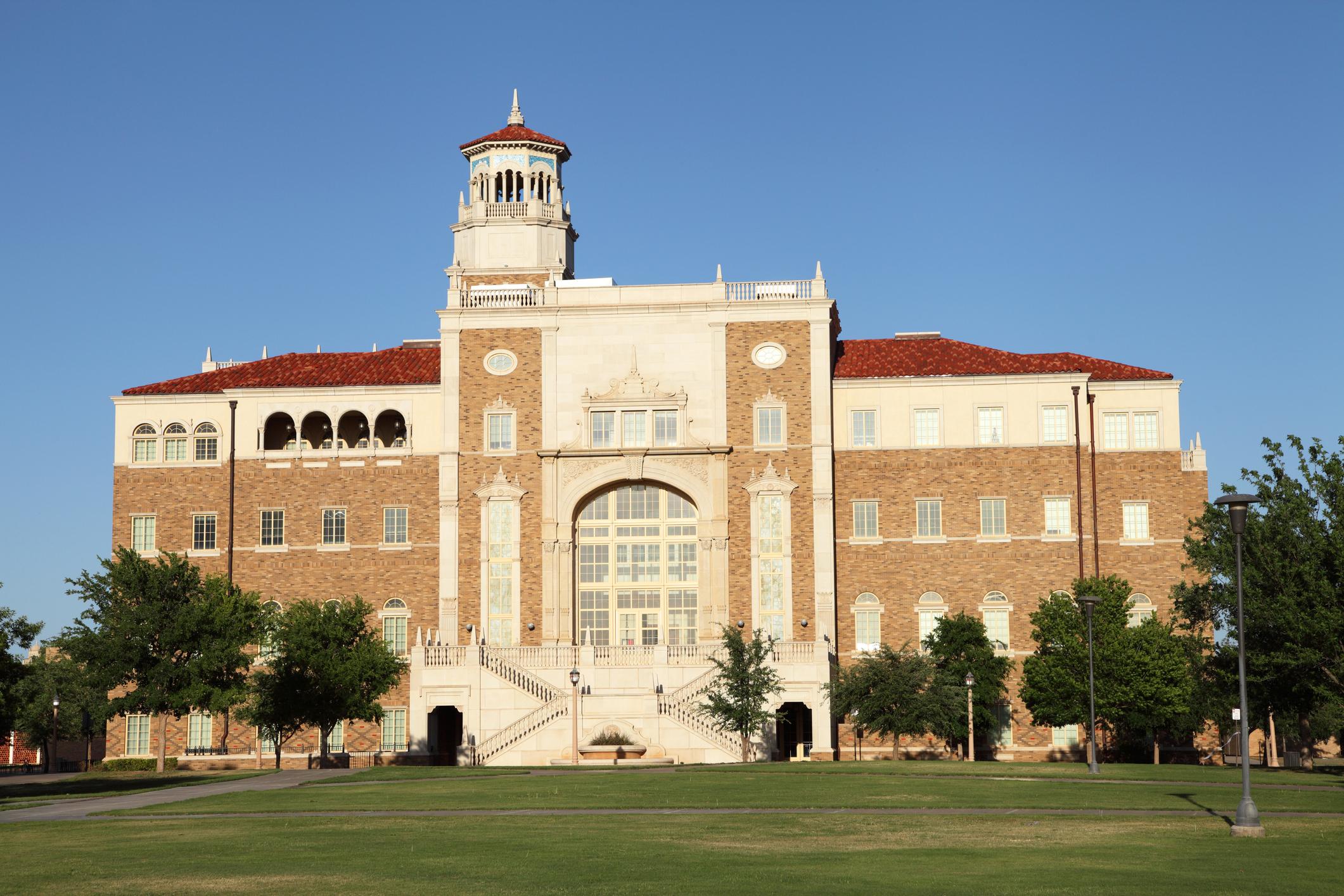Discover Your Career
No matter where you are in your career journey, we’ve got resources to help you along the way. We will keep you up-to-date with the latest hiring trends, in-depth guides, salaries, and more.
BROWSE BY TOPIC
EXPLORE CAREERS
View more careersCareer Tips
Whether you’re just beginning your job search or your interview is tomorrow, we’ve got advice and resources to help you in the job application process.
View more tips & tricks



 Career Types
Career Types  Interview Prep
Interview Prep  Templates
Templates 





